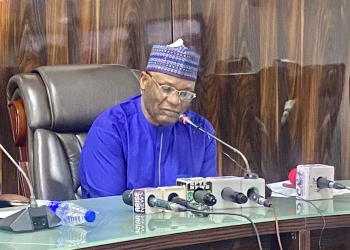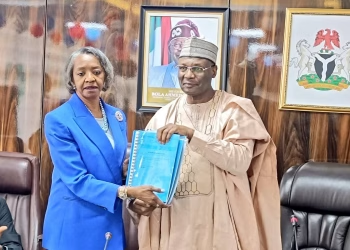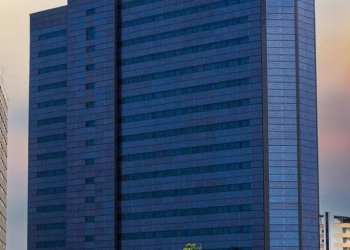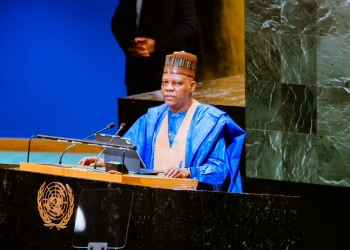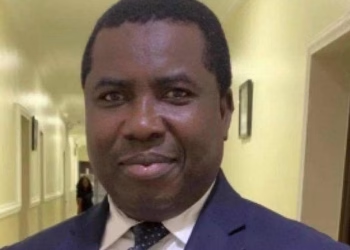In a bold push for judicial reform, Dr. Babatunde Ajibade, SAN, a respected Nigerian lawyer, has called for a complete overhaul of the National Judicial Council (NJC) via constitutional amendment. Speaking on HEDA’s X-Space Monthly Advocacy Series (MAS), themed “Judiciary: The Last Hope of the Common Man,” Dr. Ajibade proposed restructuring of the NJC to include fewer judges and increased representation from civil society organizations and relevant government agencies.
Highlighting the judiciary’s pivotal role as a last resort for justice, Dr. Ajibade criticized the NJC’s performance, pointing to recent cases of judicial forgery as signs of inadequate self-regulation. “Corruption is a perceived and real threat within the judiciary,” he stated. “While many judges maintain integrity, the actions of a few have cast a negative shadow over the judiciary as a whole.”
Dr. Ajibade identified three core issues affecting the justice system’s efficiency: the appointment and promotion of incompetent judges, insufficient funding, and a limited number of judicial officers. He noted that Nigerian judges face heavy workloads, with “only 1,200 judges serving a population of 220 million, each managing up to 30 to 40 cases daily.”
To address these challenges, Dr. Ajibade recommended a clear separation of judicial and administrative duties in the judiciary both at national and state levels. He urged the NJC to relieve judges of administrative tasks, allowing them to concentrate on delivering justice. “Judges should focus on their constitutional responsibilities, while qualified court administrators handle day-to-day administrative management,” he advised.
HEDA’s Chairman, Olanrewaju Suraju, echoed these sentiments, urging the Nigerian Bar Association (NBA) to uphold judicial reform by enforcing ethics and sanction lawyers who deviate from professional standards. He emphasized HEDA’s dedication to a corruption-free judiciary that remains a reliable avenue for justice for all Nigerians.
Dr. Ajibade’s recommendations signal a critical need to address systemic issues within Nigeria’s judiciary, aiming for greater efficiency and integrity in the justice system.




